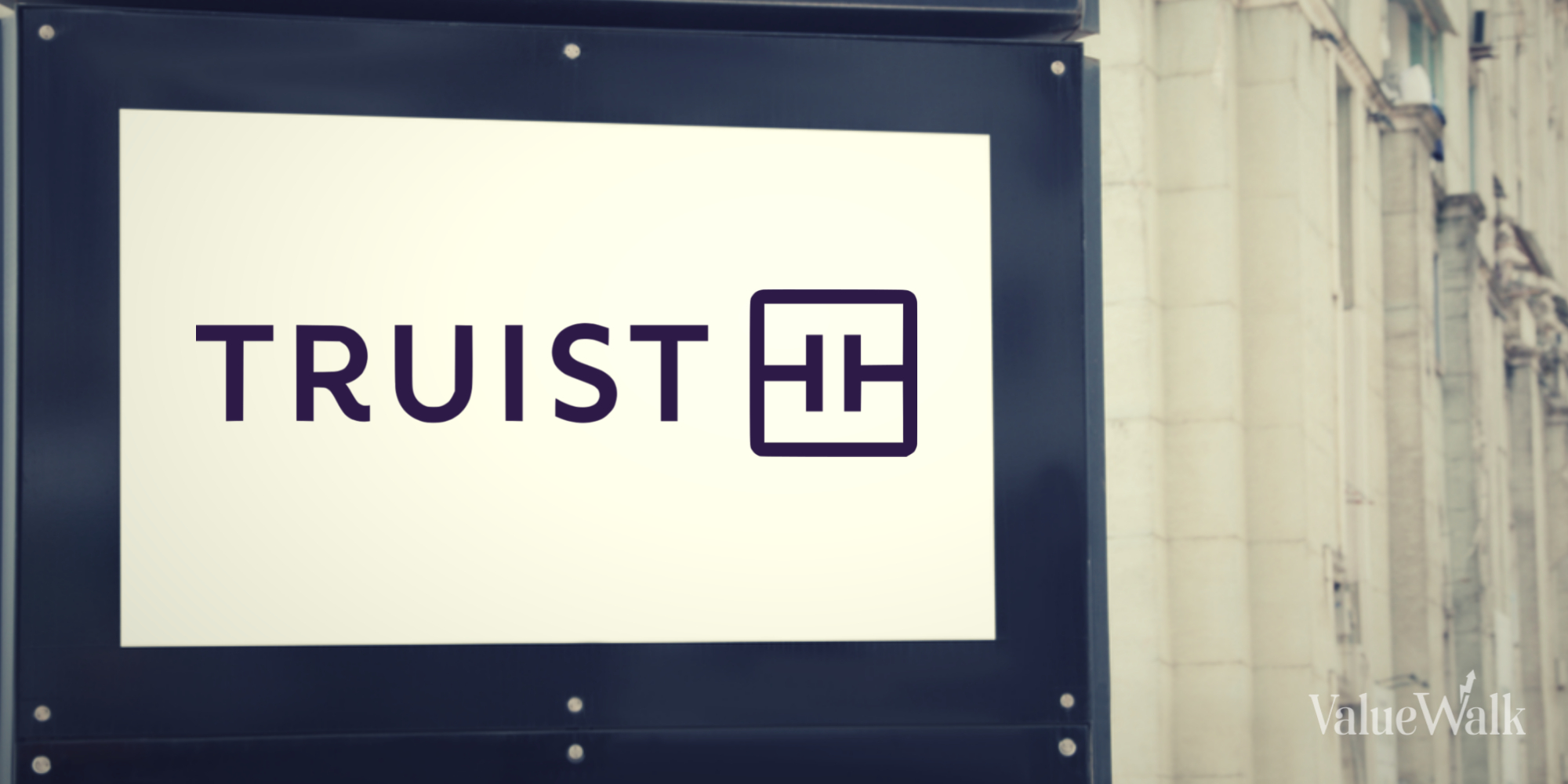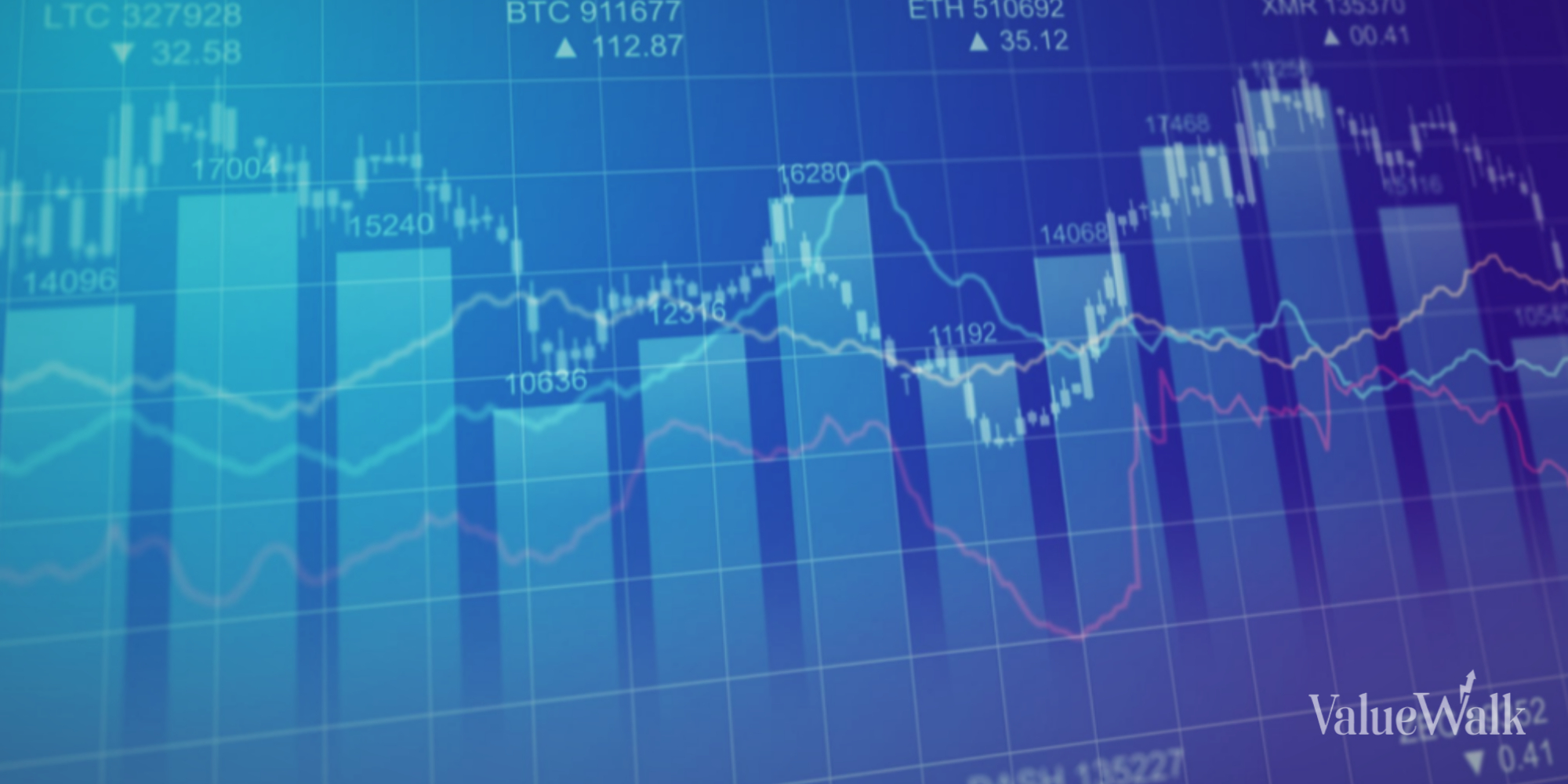Appendix 1: Sustainability Benchmark Methodology
The 10 IDX-listed companies were benchmarked on their sustainability policies and recent practices. The companies could score a total of 12 points:
- Aligning with NDPE policies (maximum 6 points)
- Active membership of the RSPO (maximum 3 points)
- Recent practices (maximum 3 points)
The result was presented in score ranges: green for the category 9 to 12 points, orange for the category 5 to 8 points, red for the category 0 to 4 points.
NDPE Policy Alignment
No Deforestation, No Peat, No Exploitation (NDPE) policies form the most demanding palm oil industry standard to fight climate change, biodiversity loss and human rights abuses. A large group of leading private palm oil growers/traders/processors have adopted NDPE policies. Appendix 3 explains the NDPE policies further.
There was a maximum of 6 points for companies that have extensively committed themselves to NDPE policies. Points could be scored for aligning with the following key elements of NDPE-policies:
- Respecting the conservation of High Conservation Value (HCV) areas (1 point) and High Carbon Stock (HCS) areas (1 point)
- Not developing on peatlands delivered (2 points)
- Making commitments not to infringe on Free, Prior and Informed Consent, the labor conventions of ILO, and the UN guiding principles on human rights (2 points)
RSPO Active Membership
The Roundtable for Sustainable Palm Oil (RSPO) is a standard adopted by the international palm oil industry. Compared to NDPE policies the standard is weaker on deforestation and driving change, yet the RSPO also has a complementary role.
Points could be scored for:
- Consequently submitting New Planting proposals to the RSPO and the public before starting to clear and plant (1 point).
- Having more than 30% of CPO production RSPO certified (1 point).
- Having a time-bound plan to achieve 100% RSPO certification for own operations by 2020 (1 point).
Recent Practices
Companies that were found to deforest and/or opening peatlands after June 2015 scored zero points. Social issues, such as land disputes and labor rights violations, were
taken into account whenever recent instances of clear violations after June 2015 had come to light. In that case companies would get a penalty point. The total score on recent practices went never below zero.
A penalty point was also given to controlling shareholders with other palm oil businesses without having an NDPE policy for this other businesses and/or recent practices in contrast to NDPE policies.
Companies with a clean sheet on recent practices scored 3 points.
Practices with regard to the prevention and response to fires were not taken to account for the score on recent practices. The available data did not allow for a clear distinction in the efforts by the companies. As peatlands are very prone to fires, the fires issue is represented through the scores on peatland development (policy and practices).
For the benchmark the following sources were used: annual, sustainability and quarterly reports of the companies, fire hotspot data of the NASA, Landsat imagery, forest cover maps of the ministry of Environment and Forestry, concession boundaries from various sources, RSPO data such as the Annual Communication of Progress for each company and New Planting proposals over the years.
In Figure 1 below, the scores are shown, and their transfer to red, orange, and green.
Palm Oil
Appendix 2: Risk Exposure Due to NDPE Policies
NDPE Signatories
A large group of leading private palm oil growers, traders and processors have adopted No Deforestation, No Peat, No Exploitation (NDPE) policies. The group represents a vast majority of oil palm traded/processed worldwide. Key elements of NDPE policies are:
- Ending all deforestation and conserving High Conservation Value (HCV) areas and High Carbon Stock (HCS) areas;
- Protecting all peatlands (regardless of depth);
- Recognizing the right of local communities to give or withhold their Free, Prior and Informed Consent (FPIC) to any new developments;
- Complying with the fundamental conventions of the International Labour Organisation (ILO) and upholding the wider United Nations Guiding Principles on Business and Human Rights.
The policies apply to a signatory’s own plantation operations as well as all the plantations operated by their third-party suppliers. The protection of peatlands has become law in Indonesia in December 2016. Yet, enforcement may be insufficient.
The following NDPE signatories are known to (directly) buy palm oil from the group of 10 largest IDX-listed growers:
- Louis Dreyfus Company
- Kuala Lumpur Kepong (KLK)
- Asian Agri/Apical
- Golden Agri-Resources (GAR)
- Astra Agro Lestari
- Musim Mas
- Nestlé
- Unilever
- Wahana Citra Nabati.
All these NDPE signatories already apply the key elements mentioned above for their own palm oil operations. Wilmar, GAR, Asian Agri/Apical and Musim Mas are widely perceived as taking the lead in ensuring suppliers’ compliance. They engage their third-party suppliers to the extent of suspending trade relations and favoring compliance. They also committed themselves to supply chain transparency by publishing a full list of third-party suppliers, and have a grievance procedure.
Revenue at Risk for IDX-Listed Growers
In June 2015, Chain Reaction Research released a report about the risk exposure of IDX-listed palm oil growers to NDPE-policies. The report concluded, based on 2014 figures, that 6 out of the 10 largest IDX-listed growers had a high-risk exposure (chance of losing main buyers). The estimate was based on the sustainability record of the IDX-listed growers and the percentage of their revenue generation via NDPE buyers.
Since June 2015 many of the IDX-listed companies have mitigated their risks. Some have strengthened their sustainability policies (AALI, DSNG); some have suspended their operations in contested areas due to buyers’ intervention (BWPT, ANJT). SSMS and ANJT already experienced losing NDPE-buyers. Chain Reaction Research estimated the financial consequences in June 2016. Especially the recent practices of TBLA and SSMS are in contrast with NDPE policies.
Figure 2 below shows how the risk exposure has changed since June 2015. In June 2015, there were six palm oil growers with a high exposure, at present there are four.
Figure 3 below shows the NDPE-buyers of the 10 largest IDX-listed companies in 2016, and an estimate of the percentage of revenue generated by present NDPE-buyers.






